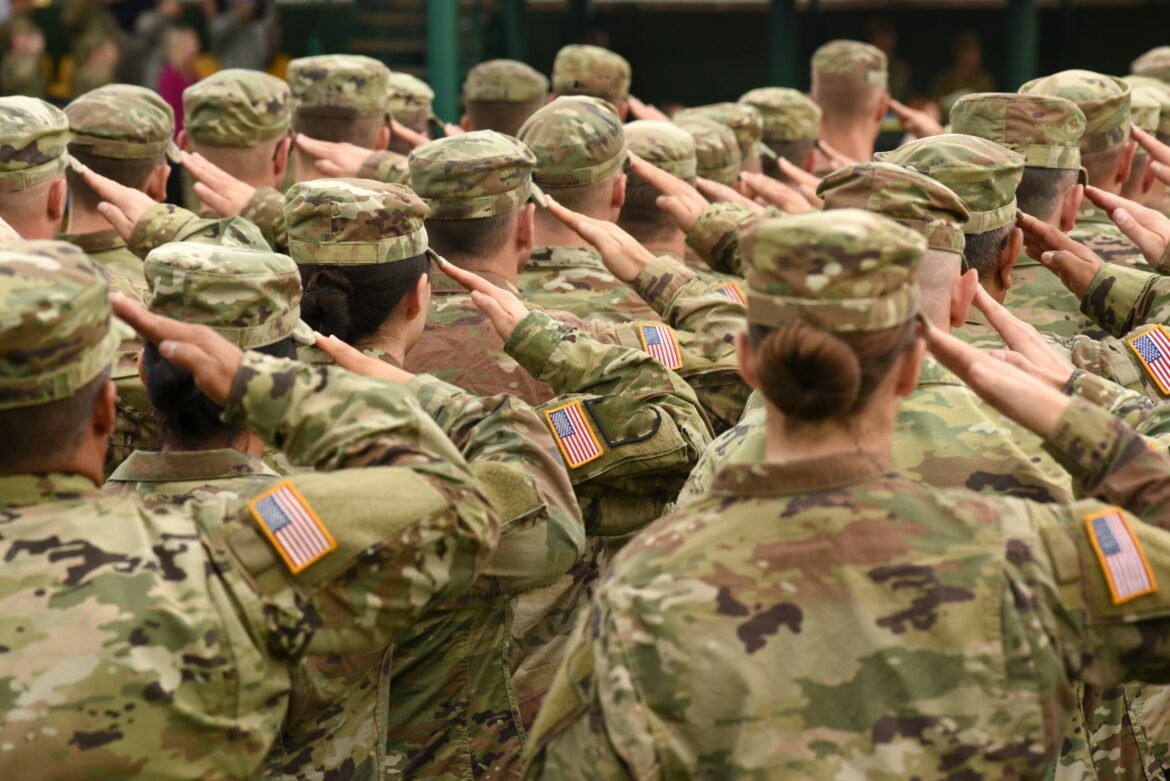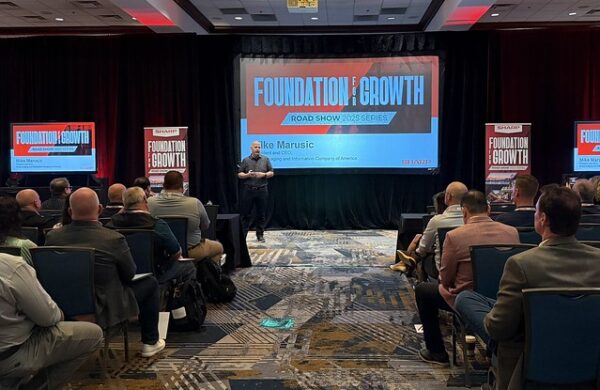Presented by US Bank
Allow us to express our gratitude to BTA and Mike Stramaglio and his Consortium for moving a plan along to help our veterans. They face some challenges, but we are confident they know what they are doing. Employing volunteers to help veterans is a challenging task. If we all get behind what Mike is doing something more than positive will get done.
However, we do have some concerns about the many needs of our veterans. We must realize that, like the old Chinese saying, “A journey of 1,000 miles begins with one step.” We believe the first step has been taken but there is still a way to go.
The VETech approach will help countless vets with problems transitioning from military to civilian life. We have an industry where critical positions in sales and service are experiencing an aging demographic. In both of those areas, the appropriate training is available. Other factors need to be addressed, primarily health issues.
________________________________________________________________________________________________________
________________________________________________________________________________________________________
Veterans and PTSD
A key area of concern is the continued suffering of those with PTSD. An article on the National Library of Medicine website by Miriam Reisman titled PTSD Treatment for Vets: What’s Working, What’s New, What’s Next reported varying estimates of those suffering from PTSD. In one major study of 60,000 Iraq and Afghanistan veterans, 13.5% of deployed and nondeployed veterans screened positive for PTSD, while other studies show the rate to be as high as 20% to 30%, according to the author. She also reported that as many as 500,000 U.S. troops who served in these wars over the past 13 years have been diagnosed with PTSD.
The most alarming statistic Reisman shared was that veterans now account for 20% of suicides in the U.S., with the youngest (18-24 years of age) four times more likely to commit suicide than nonveterans of the same age. An estimated 18-22 veterans are four times more likely to commit suicide than nonveterans of the same age. We have been citing this statistic for several years.
We need to make veterans more aware that those of us seeking to help cannot do it without their help. If we are to set priorities, we need to understand better what their most difficult problems or situations are. Is it finding jobs? Treating physical and mental health issues?
We have had several veterans we are trying to help simply refuse to discuss their issues and as a rule, the only person they want to talk to is a fellow warrior. We know what their problem is. The last vet I had a conversation with ended up in tears as he relayed a story of a fellow Marine with both his hands blown off by an RPG (rocket-propelled grenade) in Fallujah. We need them to know we understand their pain and that we have their back.
We are seeking answers as to how we can best help them and future veterans. We need to learn from veterans who have successfully transitioned to civilian life. Those are the ones we have to speak to. The hope is we can learn what their problems are and, if they are successful, how they were able to manage that. We can then share that with others.
We also need to be aware of other medical conditions that the VA has not addressed. The recent tragedy in Mexico has pointed out that some of those going across the border are veterans seeking low-cost medical help and need to be stopped. The only reason people do this is because of the lower cost of medical treatment. Those seeking medical assistance in Mexico may not be receiving the best possible care. That is not a criticism of the quality of Mexican medical professionals.
There are concerns that veterans are being treated by physicians addressing ills beyond their knowledge and experience. The degree of specialization in Mexico is not as advanced as it is in our country. That may be why the cost of treatment here is beyond their ability to pay. There is no reason any American Veteran should have to leave our country to seek medical help simply because the cost in the U.S. is beyond their ability to pay.
What we at The Cannata Report are trying to do is to increase awareness among those in our industry that can help. My knowledge of scripture is limited but there is a passage that describes our dilemma. Then He said to His disciples, the harvest is plentiful, but the workers are few. Matthew 9:37.
We are told that many are in need, and those willing to help are too few. We believe that Mike Stramaglio and his team are addressing this issue on the job front. Our concern is that the medical issues are just as concerning.
_________________________
To become a subscriber, visit https://thecannatareport.com/register or contact cjcannata@cannatareport.com directly. Bulk subscription rates are also available upon request and included in our media kit.






